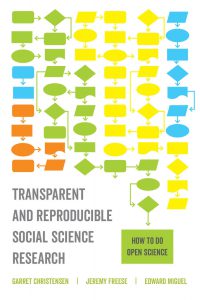Freakonomics podcast People I (Mostly) Admire

Steven Levitt interviews Edward Miguel to discuss one of the first randomized controlled trials in development economics, a school health intervention that provided deworming treatment to Kenyan children; the value of long-term follow-up studies for measuring impact; how climate change will impact armed conflict risk in sub-Saharan Africa; and a natural experiment on what parking violations by UN diplomats in New York City says about corruption.
Listen to the podcast episode here.
All Things Considered: NPR

Periods of sweltering temperatures like the current global heat wave seem to drive up civil conflicts. But why? To find out, researchers put thousands of people in hot rooms – with surprising results.
Listen to this All Things Considered episode here.


